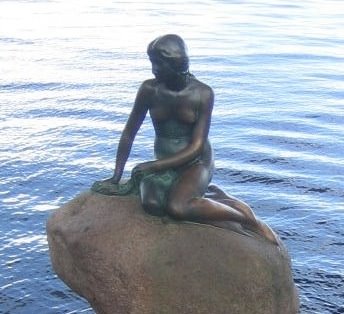Tuesday I headed out of town again to visit Mama Mary Machange, the farmer I had met while visiting primary societies the other week. She lives in Uuwo, a little village just past Mwika, a town notable for all the bananas and mangos being brought there and loaded onto trucks. I was a little anxious because this was my first time traveling outside Moshi on my own, and I didn't know exactly where in Uuwo to find her, but it ended up being very easy. Conveniently I have picked a friend who lives on the main road, which, though not paved, is still passable in the rains. Over coffee, chapati, and farm fresh bananas, I asked her questions about her farm and her life. Although her English is pretty good, especially considering she has no education past primary school, I still struggled to formulate some of my questions in a way that I could get the kind of answer I was looking for, and was often unable to press for a deeper answer. But I also ended up with some answers I wasn't explicitly looking for that were just as valuable. I wanted to learn more about the co-op, and what it means to Mary to be a part of it, so I was trying to ask why she had gone to the meeting with the Dutch lady where I had met her. I didn't get that answer, but she ended up talking about gender, and being a woman in the co-op. In that coop of 867 members, only 52 are women. My guess is that those 52 are all widows like Mary. But Mary noted that the coop used to not listen to the women at all, but now they are. This is true in the courts of Tanzania as well - Mary noted that her husband had had other children, sons, who had wanted the property when he died, but now the magistrates recognize Mary's property rights. I asked her why the coops have started listening to women, and she said it was because of the world decision, that women are like men. That's progress and globalization at its best for you.
The anthropologist in me wants very much to spend more time in Uuwo learning about Mama Machange and her life as a farmer, beyond conversation in the living room and a brief walk around the farm. We will see.
Yesterday I met with Stephen Vick of Sustainable Harvest, a coffee importer that reinvests 2/3 of its profits in non-profits at origin. There seems to be a lot going on in the coffee world in Moshi (and in Tanzania), but it's still small enough that it's all connected. The winner of the Tanzanian National Barista Championship, who works at the Zanzibar Coffee House, was trained and coached by Stephen and later by Kara. No wonder she won... Sustainable Harvest is working on building a barista training and cupping center in Moshi. KNCU is similarly working to improve the quality of coffee and baristas in Moshi. There is a lot happening, even at its slow pace. There is a lot of entrepreneurial spirit and development and economic growth going on; quite a change from the America I left behind.
Subscribe to:
Post Comments (Atom)

2 comments:
sounds like the universe may be shifting a bit, that long arc bending towards justice perhaps.
It is good to hear, as is the fact that your plans are adapting to circumstances nicely
cool stuff. you're getting to meet some pretty interesting-sounding people. can't wait to see pics!
Post a Comment